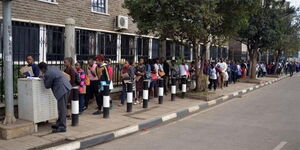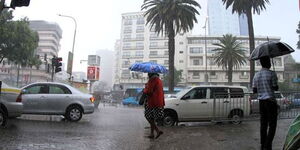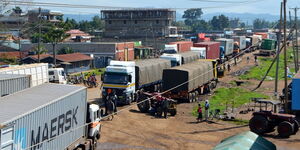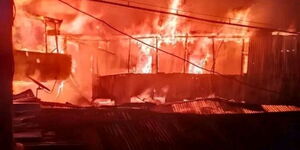The Energy and Petroleum Regulatory Authority (EPRA) stated on Wednesday, March 9, that it was working with county governments to begin the implementation of the water heating regulations of 2022.
Speaking during EPRA’s Western Region tour, the authority’s Director Joseph Okatch explained that industries, educational institutions and other households with hot water usage exceeding 100 litres per day were directed to incorporate a solar water heating system.
Moreover, the authority warned that those found installing, importing, manufacturing, selling, maintaining or repairing solar water heating systems without a licence from EPRA would be liable to a Ksh20,000 fine.
“A person found operating without a licence from the Authority will face a Ksh20,000 fine if convicted," Okatch stated.
EPRA stated that the move was aimed at ensuring safety and quality in the solar water heating value chain.
However, the director revealed that EPRA was facing challenges in the implementation of the regulations because different counties consumed varying volumes of heated water.
Okatch stated that the authority was moving to set different limits and penalties for counties.
“The solar water heating regulations could have been enforced to affect everyone equally but we realised that Kenya is not homogeneous so we are setting new thresholds for different counties.
“We will be partnering with county governments to set the fractions because we know that not all counties require the same amount of solar water heating,” explained Oketch.
Aside from the fine stipulated in the regulations, EPRA stated that standardised materials had to be used for the installation of the solar systems and infrastructure.
“Among the technologies approved by the Kenya Bureau of Standards are unglazed flat plate, glazed flat plate, and evacuated tube collectors (KEBS),” EPRA stated.
Earlier in January 2023, the authority had given a 40-day period to allow Kenyans to forward their input on the draft water heating regulations 2022.












